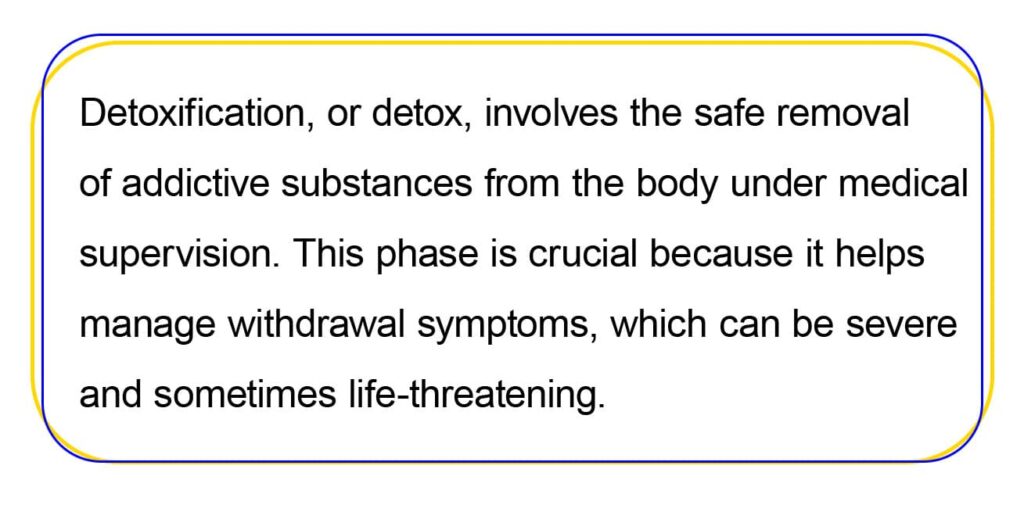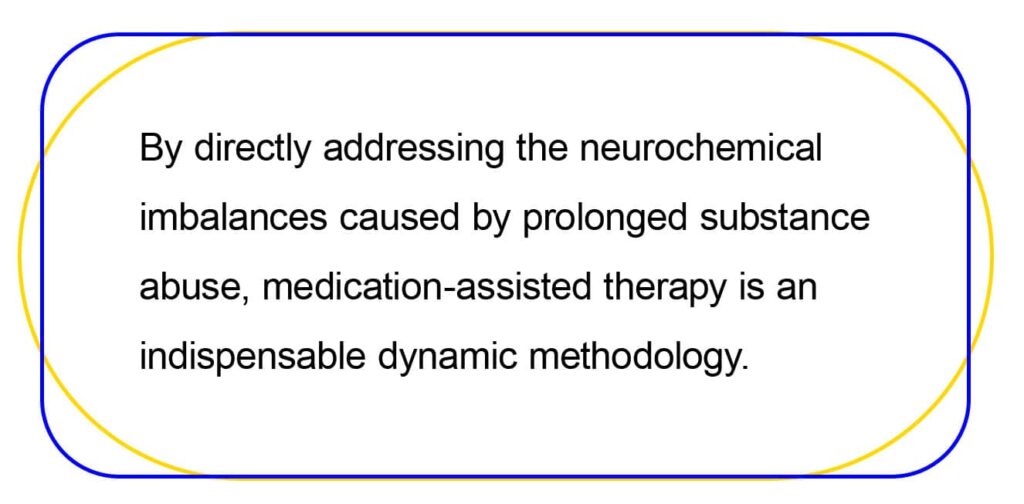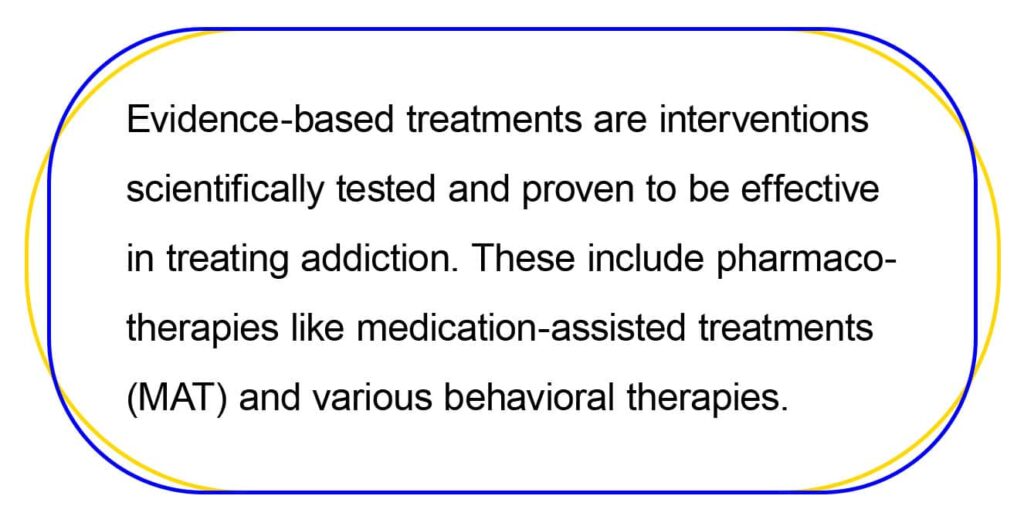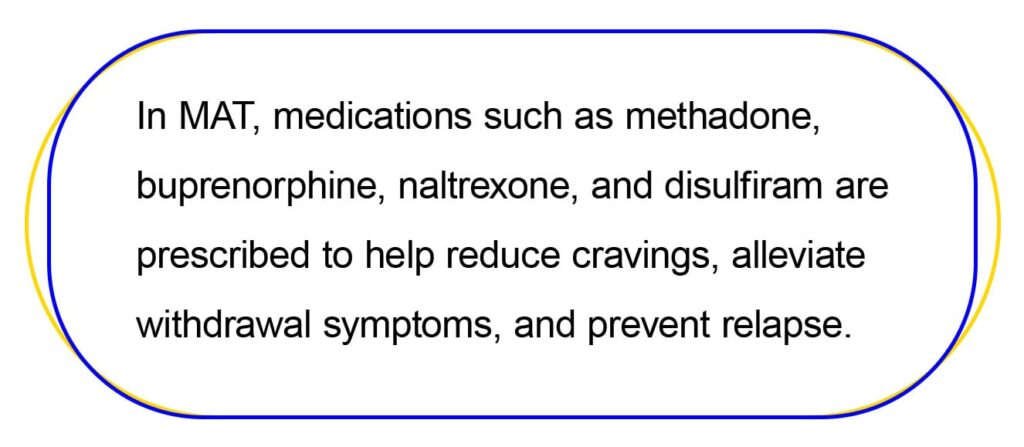The progression of addiction treatment typically begins with medically supervised detoxification, a critical first step in the recovery process.

Medical professionals can provide medications and other interventions to ease these symptoms and ensure the safety and comfort of the patient. Detox also serves as a foundation for the subsequent stages of treatment, preparing individuals physically and mentally for the challenges ahead.
Following detoxification, the focus shifts to addressing the psychological aspects of addiction through various forms of therapy and counseling. Cognitive-behavioral therapy (CBT) is one of the most effective approaches, helping individuals recognize and change negative thought patterns and behaviors associated with their addiction. Other therapeutic modalities may include dialectical behavior therapy (DBT), motivational interviewing, and family therapy. These therapies aim to uncover the root causes of addiction, develop coping strategies, and rebuild relationships strained by substance use. This stage is vital for fostering long-term behavioral change and emotional healing.
In addition to therapy, participation in support groups such as Alcoholics Anonymous (AA) or Narcotics Anonymous (NA) is often encouraged. These groups provide a community of peers who understand the challenges of addiction and offer mutual support and accountability. The 12-step model, commonly used in these groups, emphasizes personal responsibility, spiritual growth, and the importance of helping others in recovery. Support groups can be a valuable resource for individuals seeking ongoing encouragement and connection, helping to reduce feelings of isolation and relapse risk.
Medication-assisted treatment (MAT) may also play a significant role in the recovery process, particularly for individuals with opioid or alcohol dependencies. MAT involves the use of medications such as methadone, buprenorphine, or naltrexone, in combination with counseling and behavioral therapies. These medications help to normalize brain chemistry, reduce cravings, and prevent relapse. By addressing the physiological aspects of addiction, MAT can enhance the effectiveness of other treatment components and improve overall outcomes.
Finally, aftercare and ongoing support are essential for maintaining long-term recovery. Aftercare plans may include continued participation in therapy and support groups, regular check-ins with healthcare providers, and the development of a relapse prevention plan. Sober living environments and vocational training programs can also support individuals as they transition back into everyday life. By providing a structured and supportive framework, aftercare helps individuals build resilience, stay motivated, and navigate the challenges of maintaining sobriety in the long term.
Addiction is a complex chronic condition characterized by compulsive drug use despite negative consequences. The disease’s complexity implicates a range of physical, emotional, and social dimensions and needs a holistic, multifaceted, and individualized approach.

A blending of detoxification, inpatient, residential, outpatient care and support groups, ensures a comprehensive approach to addiction treatment. Individualization of treatment plans are essential to enhance the effectiveness of these programs, ultimately paving the way for long-term recovery and a healthier life.
Evidence-based treatment for addiction refers to therapeutic approaches that have been scientifically researched and proven effective in treating substance use disorders (SUDs). These treatments are grounded in empirical evidence and are continually evaluated to ensure their efficacy. One of the cornerstones of evidence-based addiction treatment is cognitive-behavioral therapy (CBT), which helps individuals identify and change harmful patterns of thinking and behavior associated with substance abuse. CBT equips clients with practical coping skills to manage cravings, avoid relapse triggers, and address underlying emotional issues contributing to addiction.

Another widely used evidence-based treatment modality is contingency management (CM), which employs a system of rewards and incentives to reinforce positive behaviors such as abstinence or attendance at therapy sessions.
By providing tangible rewards for desired behaviors, CM encourages individuals to stay engaged in treatment and motivated to achieve and maintain sobriety. Other evidence-based approaches include motivational interviewing, which helps clients explore their ambivalence towards change and enhance their motivation for recovery, and medication-assisted therapy (MAT), which utilizes FDA-approved medications to reduce cravings and withdrawal symptoms while addressing the biological aspects of addiction.
Overall, evidence-based treatment for addiction offers a comprehensive and scientifically validated approach to helping individuals overcome substance use disorders and achieve lasting recovery.
Medication-Assisted Treatments
Medication-assisted therapy (MAT) is a comprehensive approach to treating substance use disorders (SUDs) that combines medication with counseling and behavioral therapies. It is particularly effective in managing addiction to opioids, alcohol, and tobacco. MAT works by addressing the physiological and psychological aspects of addiction simultaneously, offering a multifaceted approach to recovery.

These medications work by either blocking the euphoric effects of drugs, reducing withdrawal symptoms, or inducing a mild euphoria without the intense high associated with the abused substance. Alongside medication, individuals in MAT programs receive counseling and support services to address the root causes of their addiction, develop coping strategies, and build a healthy lifestyle. By combining medication with behavioral therapies, MAT provides a holistic approach to addiction treatment that increases the likelihood of successful recovery and long-term sobriety.
Behavioral Therapy
Cognitive-Behavioral Therapy (CBT) stands as a pivotal component of the science-based treatment arsenal. It goes beyond mere talk therapy, aiming to identify and reshape detrimental thought patterns linked to addiction. Through consistent practice, CBT can help individuals preempt triggers and devise healthier coping mechanisms, ensuring a lower risk of relapse.
Read about Opioid Use Disorder Treatment
Learn about opioid internvention courts
See how effective cognitive behavioral therapy is for addiction.
Addiction Gap is a certified 501(c)(3) nonprofit
